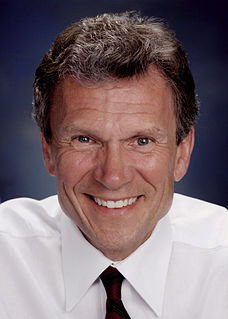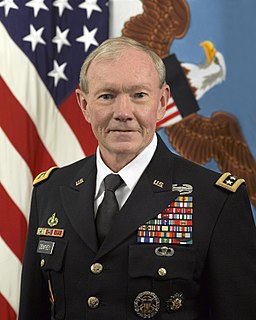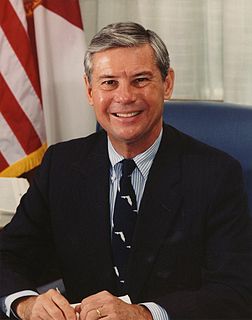A Quote by Wesley Clark
I always said I would vote for a resolution that gave the president the leverage to go to the United Nations, and then come back to the Congress for the authority to go to force.
Related Quotes
Literally minutes before the Senate cast its vote, the administration sought to add the words 'in the United States and' after 'appropriate force' in the agreed-upon text. This last-minute change would have given the president broad authority to exercise expansive powers not just overseas-where we all understood he wanted authority to act-but right here in the United States, potentially against American citizens. I could see no justification for Congress to accede to this extraordinary request for additional authority. I refused.
When I announced on my Facebook page that I'm coming to Israel, people started telling me that I shouldn't go there, but I figured that if I'm not going to come here, then I guess I can't go back to the United States anymore and I can never go to Russia again and I should probably never go back to Germany and I should probably never go back to France and I should probably never go back to England....All I see here is a really beautiful city.
Under Article II, all executive power is vested in one president of the United States. The regulatory state is Congress's efforts to undermine the president's authority. And my hope is we will see a president use that constitutional authority to rein in the uncontrollable, unelected bureaucrats and to rescind regulations.
The United Nations was the thing I wanted to work for. Like the United Nations Commission for Refugees is what I was interested in. And then people said if you do that you'll hit glass ceilings all the time, because you are not Ghanian or Nigerian and that's the way to progress though a multinational organization like that. In any event, they said do five years' legal experience and come back. And after five years I decided to stay where I was. So I am really an accidental lawyer.
The founders of the United Nations expected that member nations would behave and vote as individuals after they had weighed the merits of an issue - rather like a great, global town meeting. The emergence of blocks and the polarization of the United Nations undermine all that this organization initially valued.
We had the clip of [Donald] Trump saying: I'm not president of the globe. I'm president of the United States.[Ronald] Reagan would have never said that. [Dwight] Eisenhower would have never said that, because he would have said, yes, I'm president of the United States, but it's in our interests to be securing a world order.
President Barack Obama couldn't bring everything into existence through Congress. Because from the day that he was elected president of the United States, the United States Congress, many of the Republicans met, and they declared that they would never allow his legislative program to succeed. And for eight years they fought him.





































